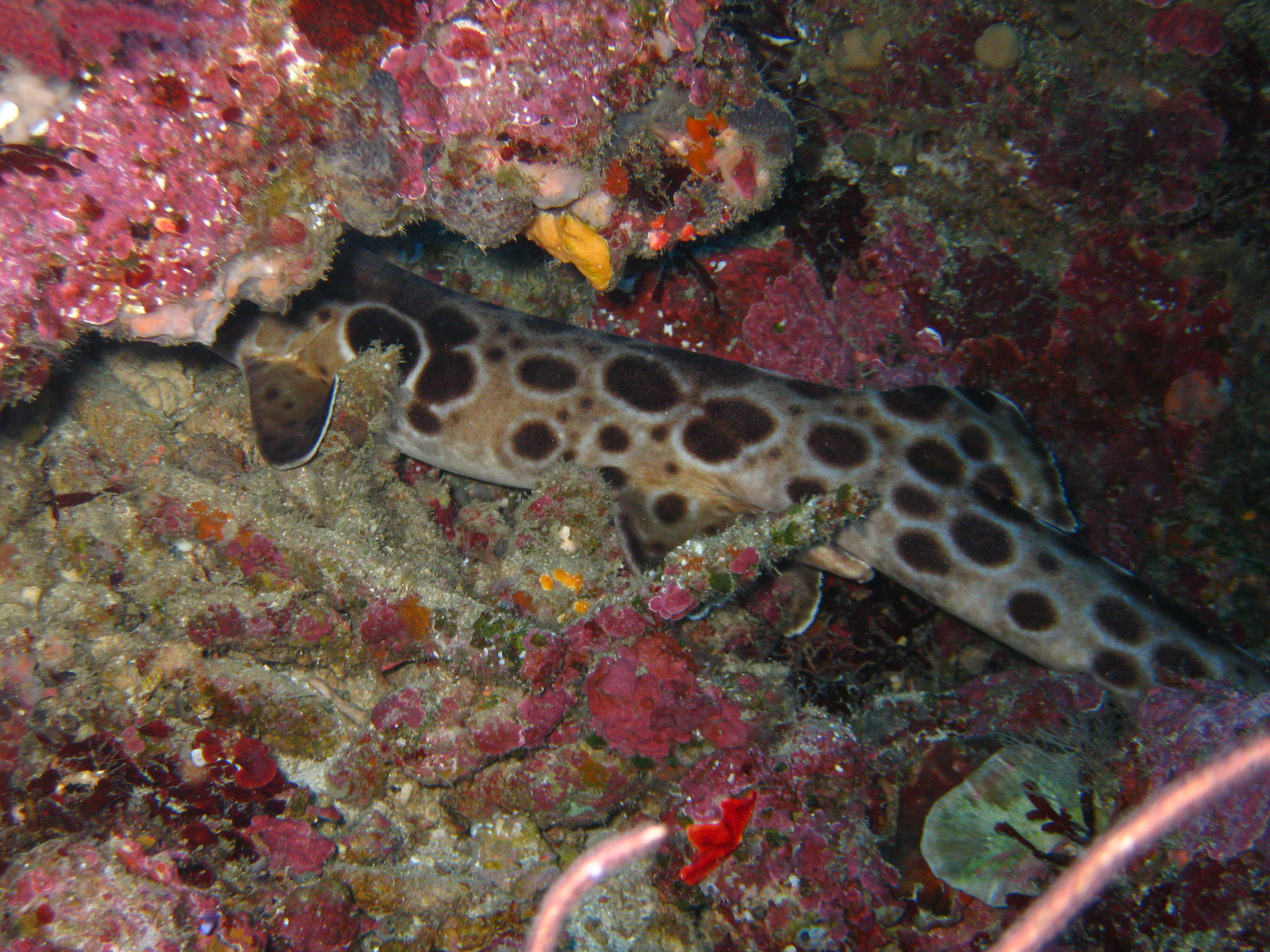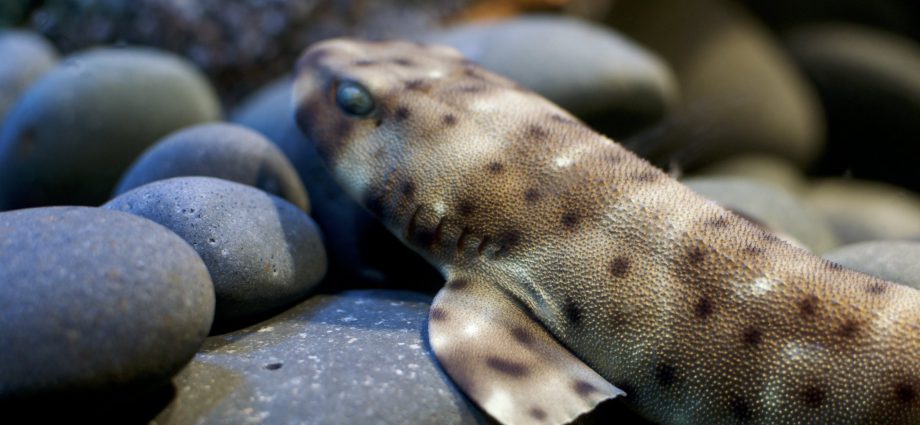BOSTON (UK)- Climate change causes ocean temperatures to rise. This leads to shark pups being born smaller, exhausted and undernourished into already challenging environments, says a new study conducted at the New England Aquarium
Ocean warming, resulting from global climate change, is already causing unprecedented changes to aquatic ecosystems worldwide. The oceans absorb the Earth’s excess trapped heat that comes from anthropogenic emissions, and as such, sea surface temperatures are predicted to increase by as much as 4.0 °C under continued high emission scenarios.
These shifts are thought to have the most impact on tropical ecosystems where many species are adapted to narrow temperature ranges and also because seasonal temperature changes are small in comparison to those experienced in temperate zones
Epaulette sharks
Scientists examined the effects of increased temperatures on the growth, development and physiological performance of epaulette sharks, an egg-laying species found only on the Great Barrier Reef. The hatchlings were not only smaller, but they needed to feed almost immediately while lacking significant energy.
The six scientists of this research reared 27 epaulette shark (Hemiscyllium ocellatum) embryos under average summer conditions (27 °C) or temperatures predicted for the middle and end of the twenty-first century with climate change and tracked growth, development, and metabolic costs both in ovo and upon hatch.

Impact on growth embryos
Rearing sharks at 31 °C impacted embryonic growth, yolk consumption, and metabolic rates. Upon hatch, 31 °C-reared sharks weighed significantly less than their 27 °C-reared counterparts and exhibited reduced metabolic performance. Many important growth and development traits in this species may peak after 27 °C and start to become negatively impacted nearing 31 °C. The research hypothesizes that 31 °C approximates the pejus temperature, the temperatures at which performance of a trait begins to decline, for this species.
This is alarming, given that this temperature range is well within ocean warming scenarios predicted for this species’ distribution over the next century.
Read the full research at Nature.com or download the pdf.

